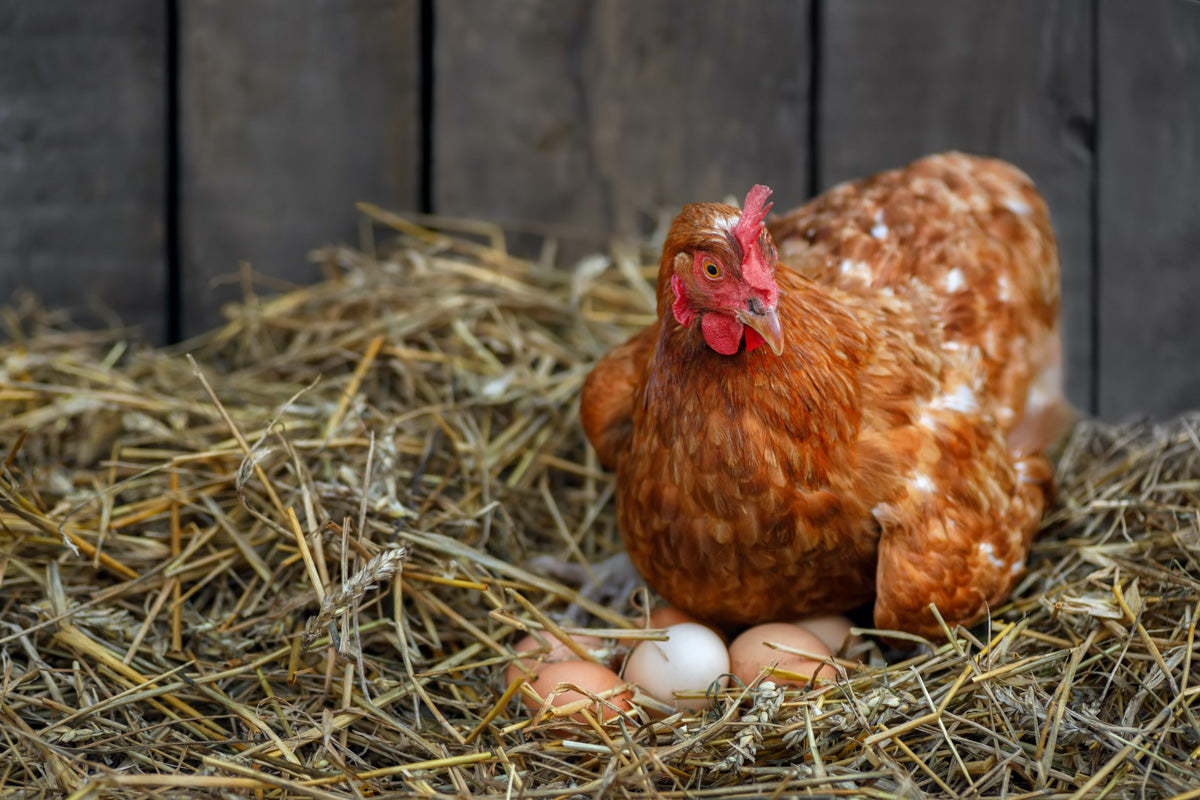In the beautiful state of Queensland, horses graze peacefully in lush pastures, enjoying the warm climate and open spaces. However, along with the many joys of horse ownership, there are also challenges to overcome. One significant challenge that horse owners face is dealing with various pests that can negatively impact the health and well-being of their equine companions. In this article, we will explore some of the common pests that affect horses in Queensland and discuss effective prevention and control measures.
- Flies:
Flies are a persistent nuisance for horses in Queensland, particularly during the warmer months. They can cause irritation, distress, and even transmit diseases. Common fly species that bother horses include house flies, stable flies, and buffalo flies. To combat flies, horse owners can implement measures such as using fly masks, applying fly repellents, installing fly traps, and maintaining clean stables and pastures.
- Mosquitoes:
Mosquitoes are not only annoying to horses but also pose a significant health risk as they can transmit diseases such as equine encephalitis and West Nile virus. Queensland's warm and humid climate provides an ideal breeding ground for mosquitoes. Horse owners can reduce mosquito populations by eliminating standing water sources, using mosquito repellents, and providing horses with shelter during peak mosquito activity times.
- Ticks:
Ticks are prevalent in many regions of Queensland and can attach themselves to horses, causing discomfort and transmitting diseases such as tick fever. Regular tick checks and prompt removal are crucial in preventing tick-borne illnesses. Additionally, consult with your veterinarian about suitable tick prevention products and strategies for your horses.
- Sandflies and Midges:
Sandflies and midges are particularly troublesome pests in coastal areas of Queensland. Their bites can cause intense itching and discomfort for horses, leading to skin irritations and allergic reactions. Applying equine-friendly insect repellents and using protective gear, such as fly rugs and masks, can help mitigate the impact of these pesky insects.
- Bot Flies:
Bot flies are a common nuisance for horses, especially during the summer months. Female bot flies lay eggs on horses' coats, and when the eggs hatch, the larvae burrow into the horse's skin, causing irritation and potential health issues. Regular grooming practices, such as removing bot eggs from the horse's coat and using preventive treatments, can help manage bot fly infestations.
- Internal Parasites:
Internal parasites, such as worms, pose a significant health threat to horses. Regular deworming programs tailored to your horse's specific needs are essential to control parasite populations and maintain your horse's well-being. Consult with your veterinarian to develop an appropriate deworming schedule and conduct fecal egg counts to monitor parasite levels.
Protecting horses from pests is crucial for their health and comfort. By understanding the common pests that affect horses in Queensland and implementing preventive measures, horse owners can help create a safe and enjoyable environment for their equine companions. Regular veterinary care, appropriate use of insect repellents, diligent stable and pasture management, and proper hygiene practices all play vital roles in keeping these pesky pests at bay and ensuring the well-being of horses in Queensland's picturesque landscapes.




